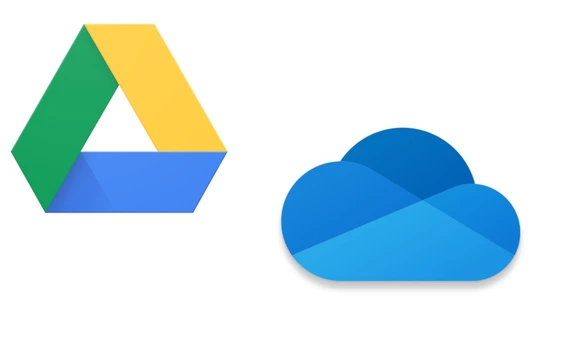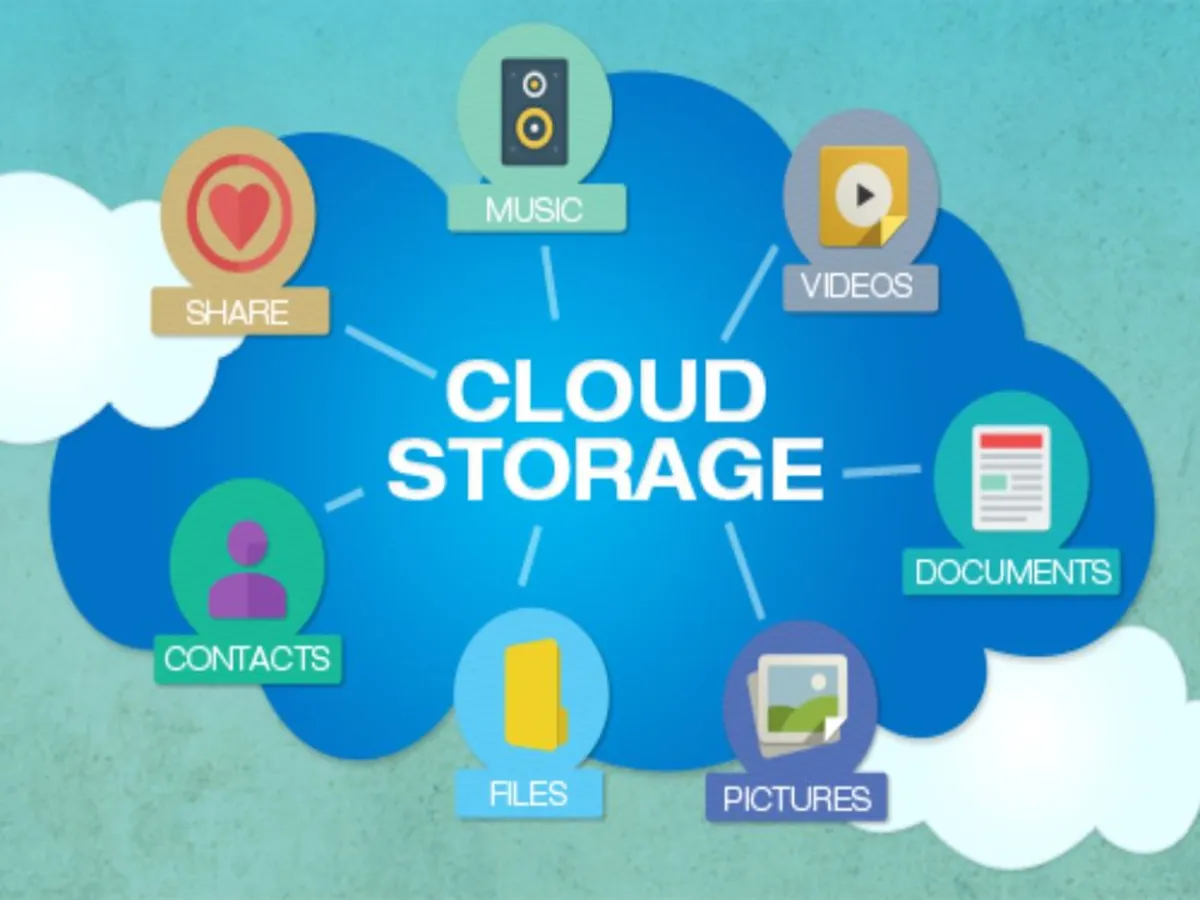Cloud storage has revolutionized how we store, access, and manage data, offering unparalleled convenience and flexibility. However, navigating the complexities of cloud storage can be daunting, especially with the array of services and features available. In this comprehensive guide, we aim to address some of the most pressing questions about cloud storage, providing you with expert insights and practical advice.
How Does Cloud Storage Work?

At its core, cloud storage operates by storing data on remote servers that can be accessed over the Internet. When you upload a file to a cloud storage service, it is encrypted and fragmented into smaller pieces, which are then distributed across multiple servers for redundancy and security. This distributed architecture ensures that your data remains accessible even if one server fails.
Is Cloud Storage Safe?
Yes, Cloud storage is generally considered safe, as reputable providers implement stringent security measures to protect your data. These measures include data encryption, regular security audits, and compliance with industry standards and regulations. However, it's crucial to choose a trusted provider and follow best practices for securing your data, such as using strong, unique passwords and enabling two-factor authentication.
Is Google Drive a Cloud Storage Service?

Yes, Google Drive is one of the most popular cloud storage services, offering users a seamless way to store, access, and share files. With generous storage plans and integration with other Google services, such as Gmail and Google Docs, Google Drive has become a go-to choice for individuals and businesses alike.
Do I Still Own My Data When It's on the Cloud?
Yes, you retain ownership of your data when you store it in the cloud. Most cloud storage providers specify in their terms of service that you retain intellectual property rights to your data. However, it's essential to review the terms of service of your chosen provider to understand how your data is used and protected.
Should I Still Secure My Data?
While cloud storage providers implement robust security measures, it's advisable to take additional steps to secure your data. This includes using strong, unique passwords, enabling two-factor authentication, and regularly updating your security settings. Additionally, encrypting sensitive data before uploading it to the cloud adds an extra layer of security.
Can You Get 100GB of Free Storage?
Yes, several cloud storage providers offer free storage plans, with some offering up to 100GB of free storage. These free plans typically come with certain limitations, such as storage capacity and file size restrictions. It's essential to evaluate your storage needs and choose a plan that aligns with your requirements.
What's the Most Trustworthy Cloud Storage?
Determining the most trustworthy cloud storage provider depends on various factors, including security, reliability, and user experience. Some of the most reputable cloud storage providers include Google Drive, Dropbox, Microsoft OneDrive, and Apple iCloud. It's advisable to research each provider's features, security measures, and pricing plans to determine the best fit for your needs.
Did Amazon Offer a Personal Cloud Storage Service?
Yes, Amazon offers a personal cloud storage service called Amazon Drive, which allows users to store and access their files securely. Amazon Drive offers various storage plans, ranging from a few gigabytes to multiple terabytes, catering to different storage needs. Additionally, Amazon Drive integrates seamlessly with other Amazon services, such as Amazon Photos and Amazon Music, providing a comprehensive storage solution for Amazon customers.
Are There Alternatives to Cloud Storage Services Worth Considering?
Yes, several alternatives to traditional cloud storage services offer unique features and benefits. Decentralized storage networks, such as IPFS (InterPlanetary File System) and Storj, use blockchain technology to offer increased privacy and security compared to centralized cloud storage services. Additionally, self-hosted cloud storage solutions, such as Nextcloud and ownCloud, allow you to host and manage your cloud storage infrastructure, giving you complete control over your data.
Are There Other Worthwhile Cloud Options?
In addition to traditional cloud storage services, there are several other cloud options worth considering. Cloud backup services, such as Backblaze and Carbonite, offer automated backup solutions for your data, ensuring that your files are protected against data loss. Cloud collaboration tools, such as Google Workspace and Microsoft 365, facilitate collaboration among team members, allowing multiple users to work on the same document simultaneously.
Conclusion
Cloud storage has transformed the way we store and manage data, offering unparalleled convenience and flexibility. By addressing these top questions about cloud storage, we hope to provide you with a comprehensive understanding of this essential technology. Whether you're looking for secure storage solutions or exploring alternatives to traditional cloud storage, the cloud offers a myriad of options to suit your needs.

